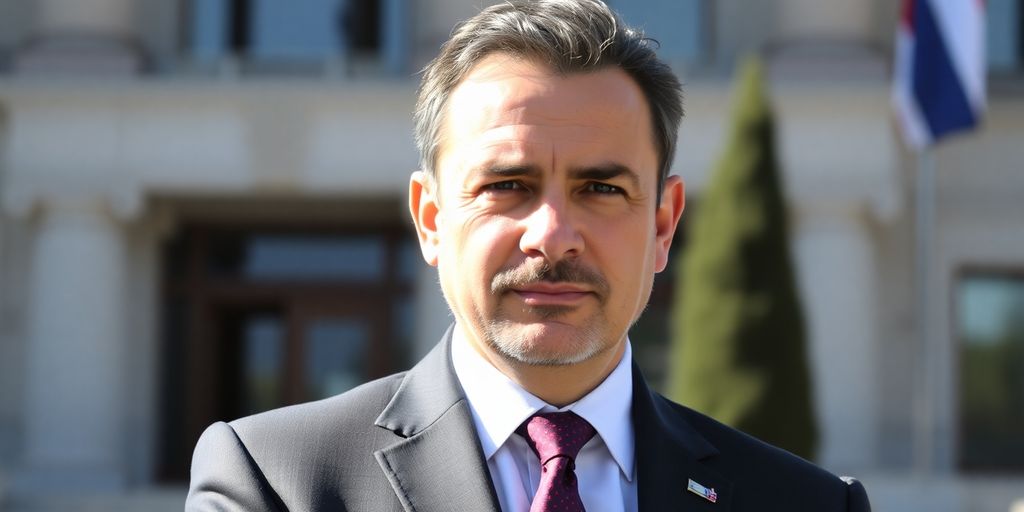In a bold move ahead of the upcoming elections, Sali Berisha, the opposition candidate from the Democratic Party (PD) in Albania, has made a significant pledge regarding family law. He has vowed to uphold traditional definitions of family, parenthood, and gender, firmly rooted in what he describes as "religious and natural principles." Berisha’s commitment includes a promise to prevent any changes to these definitions, even through a referendum.
Key Takeaways
- Sali Berisha emphasizes traditional family values in his electoral campaign.
- He aims to legislate against any changes to the definitions of family and gender.
- The proposed law is based on religious and natural principles.
- Berisha’s stance reflects a broader trend in conservative politics across Europe.
The Context of Berisha’s Pledge
Sali Berisha’s announcement comes at a time when discussions around family and gender definitions are increasingly contentious in many parts of the world. In Albania, as in other countries, these issues have become focal points for political debate, often dividing public opinion along ideological lines.
Berisha’s approach is likely to resonate with conservative voters who prioritize traditional values. His pledge is seen as a strategic move to consolidate support from this demographic, especially in a political landscape where cultural issues are becoming more prominent.
Implications of the Proposed Law
The implications of Berisha’s proposed law could be far-reaching. Here are some potential outcomes:
- Legal Framework: Establishing a legal framework that defines family and gender could lead to significant restrictions on LGBTQ+ rights and gender identity recognition.
- Public Discourse: The pledge may intensify public discourse around family values, potentially polarizing communities.
- Political Landscape: If Berisha wins, this could shift the political landscape in Albania, aligning it more closely with conservative ideologies prevalent in other parts of Europe.
Reactions from Various Sectors
The announcement has sparked a variety of reactions from different sectors of society:
- Supporters: Many conservative groups and religious organizations have expressed support for Berisha’s pledge, viewing it as a necessary step to protect traditional values.
- Opponents: Conversely, human rights advocates and progressive groups have condemned the pledge, arguing that it undermines individual rights and freedoms.
- Political Analysts: Observers note that this move could be a double-edged sword for Berisha, as it may alienate moderate voters who favor more progressive policies.
Conclusion
As Albania approaches its elections, Sali Berisha’s commitment to preserving traditional family definitions is set to be a defining issue. His stance reflects a growing trend among conservative politicians in Europe, who are increasingly vocal about their opposition to progressive changes in social policy. The outcome of this pledge will not only impact the political landscape in Albania but may also influence broader discussions on family and gender across the region.






